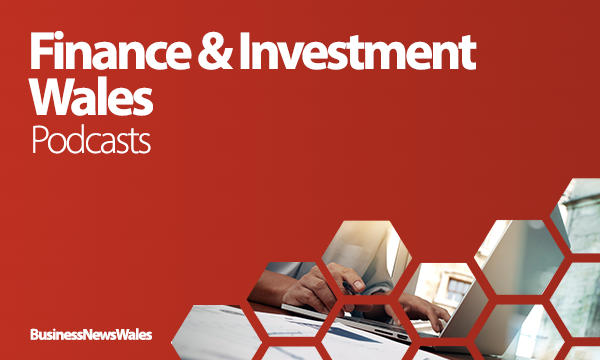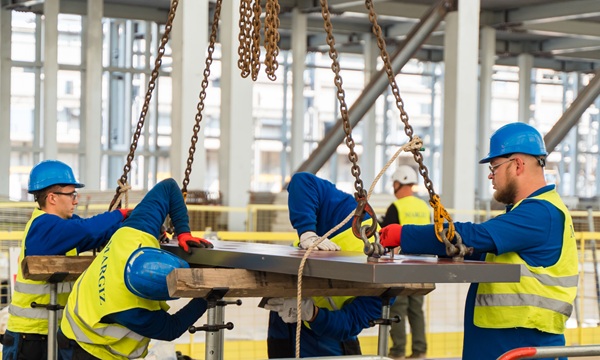Corporate insolvencies increased by 7.9% in May 2025 to a total of 2,238, compared to April 2025's total of 2,074, and increased by 15% compared to May 2024's figure of 1,946.
Corporate insolvencies decreased by 10.2% from May 2023's total of 2,493.
Personal insolvencies decreased by 0.5% in May 2025 to a total of 10,014 compared to April 2025's total of 10,060, and increased by 5.5% compared to May 2024's figure of 9,493. Personal insolvencies increased by 9.9% from May 2023's total of 9,113.
Bethan Evans, Chair of R3 in Wales, the UK’s insolvency and restructuring trade body, and a Partner at Menzies LLP, said:
“The monthly increase in corporate insolvencies is due to an increase in Creditors’ Voluntary Liquidations and Administrations, and the yearly increase due to a rise in the number of companies entering these processes and an increase in Compulsory Liquidations. The climate remains very tough for businesses and we are seeing this reflected in the number of directors who are actively taking steps to wind-up their companies, and the number of creditors who are turning to the courts to pursue the debts they are owed – led by HMRC who are attempting to recover money for the public purse.
“Ongoing economic and geopolitical issues are being reflected in insolvency numbers. We expected April would be difficult for firms following the introduction of the new National Insurance and National Minimum Wage rates and the issues around US tariffs, and the economic contraction that took place reflects the impact these and other issues had on businesses and the economy.
“Challenges like these do not go away overnight, and May was another tough month for businesses in England and Wales as a result of these issues and the ongoing costs of materials, staff and energy, as inflation remains above the Bank of England target, all of which affected businesses and business planning.
“The uncertainty around the US tariffs continues to create a number of challenges for businesses, and has made medium and long-term planning more difficult as businesses are forced into a more reactive, short-term mindset. While progress has been made around the tariffs and the adjusted rates are good news for a number of industries, the fact remains that costs will increase compared to what they were a year ago, and a number of other details relating to the tariffs have still yet to be agreed.
“Closer to home, businesses are still feeling the pinch of the increases in National Insurance and National Minimum Wage, with many forced to raise prices, reduce staff or cut back on expansion to manage the additional costs these have brought. This is going to potentially create wider economic issues in the long-term as firms are forced to batten down their hatches to survive after years of dealing with increases in costs and cautious consumer and client spending.
“Although the latest figures show construction output grew, the sector still faces issues with margins, costs and payment, while the retail and hospitality sectors have been affected by poor consumer spending over the last month. Retail and hospitality businesses will be hoping for a long, hot summer to encourage people to go out and spend money, and businesses in both sectors have reacted to the rise in wage costs by following the wider trend of freezing recruitment and not replacing people who have moved on to other jobs, and in cutting hours for casual staff where they can.
“Turning to personal insolvencies, the modest monthly fall in numbers is a result of a reduction in the number of people entering a Debt Relief Order and an Individual Voluntary Arrangement (IVA), while the year-on-year increase is due to a rise in IVA numbers. We have also seen a slight increase in the number of bankruptcies compared to last month and this time last year.
“However, the increase in Breathing Space numbers means that, overall, more people are seeking some form of support compared to last month and last year, and illustrates that the debt issue in England and Wales has got worse over the last three months – and has returned to the highs we saw at the start of the year.
“The cost of living continues to affect consumers as their money continues to go less and less far. Although inflation has fallen from the recent highs, the reality is that people are still paying more for less and prices are continuing to rise after three years of increases.
“The cost of living and the future of the economy remain key areas of concern for households, and these worries, coupled with the fact a number of household bills went up in April, means people are continuing to be prudent with their discretionary spending, avoiding making any major purchases unless they are absolutely necessary, and adjusting their wider spending wherever they can in order to cover their costs. Value is very much front of mind at the moment, with shoppers remaining on the hunt for deals and discounts and looking to modify or change their shopping habits to ensure their money goes as far as possible.
“Anyone who is worried about their business or personal finances should seek advice as soon as possible. We know how hard it is to talk about your money worries, but having that conversation at an early stage gives you more options for resolving your situation, more time to consider your next step, and potentially a greater chance of turning your situation around. Most R3 members will give a free consultation to potential clients so they can learn more about their concerns and outline the potential routes they can take address their financial issues.”















